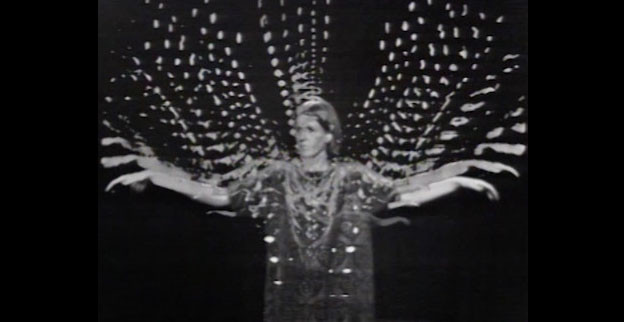You don't have to think of it as poetry: Joanne Kyger's 'Descartes' and 'Bird Books'

Why start a series on ruptures and dissimilarity in poetic practice with Joanne Kyger, whose books of poetry seem to be very steady, a daily practice of poetry as journaling, a kind of non-narrative, time-specific work of being, a concern carefully announced by the titles of her books: Going On, Trip Out and Fall Back, On Time?
For Kyger, marking time is the thing, and a great variety of tone and struggle play out against the backdrop of this consistent interest. One reads in her work great extremes of feeling, in which the scorpionic energies struggle to break though the casual forthrightness of her line, even as the steadiness and certainty of another day and another poem animate the drama of reading each poem next to the other. She could be seen as a great poet of consistency. I mean, I don’t see her like that, but the commitment to the daily might lead one to that kind of reading.
In an interview with Dale Smith in the excellent new compendium There You Are: Interviews, Journals, Ephemera, edited by Cedar Sigo, Kyger states: “… in this daily writing, you don’t have to think of it as ‘poetry,’ you don’t have to think at all about what ‘kind’ of writing you’re doing. You’re writing some kind of unselfconscious open utterance, being as clear as you can or as muddled as you want” (105).
On the occasion of that book’s publication, I wanted to think a little about some examples of Kyger’s work which falls outside even her loose idea of poetry, some things which don’t quite seem to fit into her practice. Here are two instances of Kyger stretching into different “kinds” of work.
Descartes
I first saw the video Descartes when Kyger read at Small Press Traffic in 2006. There was a screening of the film, and it was, if memory serves, presented without much context. I had been reading Kyger intensely but a little myopically: she seemed at the time a very consistent poet. So this strange film, with its psychedelic effects and Joanne’s enthusiatic and sometimes bemused voiceover threw me, especially in the context of a poetry reading. Afterward, and for a long time, when references to Descartes would appear, I always thought of it as a kind of anomaly in her body of work, and I could never really “read” it as part of her poetry.
Why? Mostly a failure of imagination on my part as a reader. Now it seems totally natural that Joanne would write about Descartes, concerned as she is with the movement of her mind, and the question of the self, which is so present in her work. But in those days I wanted Joanne’s West Coast exploration — I was running from Descartes, whom I’d been recently forced to teach in a liberal studies class. I kind of loved The Discourse on Method in a way, but I hated having to talk about all that reduction with students. It seemed so tragic. And anyway, I wasn’t looking to myself as proof of existence, I was looking for something other than a method. I loved Kyger’s poetry because it struggled with the discipline of emptiness, a way of looking around, of looking outside, and so I found it hard to read Kyger recasting and spoofing Descartes. It took me awhile to get the joke; I was still reading her work as calm (I was earnest and a little desperate). Some of Descartes voiceover reads:
I think hence I am. Or I doubt hence I am. Or I spin hence I am. Or I reject hence I am. You get the picture.
Bird Books
One of the joys of There You Are is that, alongside interviews from many periods of her writing life, the facsimile of classic chapbooks like Trip Out and Fall Back, there is evidence of all kinds of extrapoetic activity. Considering the focus of her work, and the sheer size of her 2007 About Now: Collected Poems, I always thought she must be totally engaged in making those incomparable poems — how would she have time to do anything else?
One of the most charming surprises in the book is the publication of facsimile pages of her Bird Books, her notebooks which recorded, in the manner of a nineteenth-century naturalist, the comings and goings of the birds at her place in Bolinas. Any reader of Kyger knows how the gold crown sparrows flit through her poetry, and these notes are no exception:
September 22, 1989
Can you imagine: Just like the swallows of Capistrano: the flock of White Crown + Gold Crown arrived. On the button yesterday just like they did last year Sept 21: Fall Equinox
These are notebooks written by Kyger, but the writing is not poetry. When Kyger notes that her writing process in the “poetry” notebooks is “open utterance,” the work in the Bird Books is something else. This writing is a “kind” of writing — notation — and that seems to separate it from the work done in other journals, with writing which was to become poetry. Is that true? I don’t know. But I love the way that both Descartes and these excerpts of the Bird Books don’t really sit well alongside Kyger’s poetry. I take solace, as someone who “doubts” and “spins,” in the fact that, even in a work of a poet who is “free” in her poetry, there is still work which floats away from poetry’s freedom because it’s not “poetry” at all.
Seeking it Outside Poetry